The Growing Concern of Mpox: An International Emergency
In a significant development, the World Health Organization (WHO) has declared the mpox outbreak in Africa as an international emergency. This decision underscores the severity and potential global impact of the virus, which has been spreading across several countries, including non-endemic regions.
| Key Factor | Details |
|---|---|
| Outbreak Location | Democratic Republic of Congo (DRC) |
| Virus Strain | Clade I (more virulent) |
| Transmission | Close contact with infected individuals or materials |
| Symptoms | Fever, rash, swollen lymph nodes |
| U.S. Response | Enhanced surveillance, vaccination efforts, community engagement |
| Vaccines | JYNNEOS vaccine |
| Preventive Measures | Hygiene, vaccination, avoiding close contact with infected individuals |
| International Collaboration | U.S., WHO, African health authorities |
What is Mpox?
Mpox, formerly known as monkeypox, is a viral disease primarily transmitted through close contact with an infected person or animal, or with contaminated materials. It causes symptoms similar to smallpox, such as fever, rash, and swollen lymph nodes, but is generally less severe.
The Current Outbreak
The current outbreak, predominantly affecting the Democratic Republic of Congo (DRC), involves a more virulent strain known as clade I. This strain has a higher transmission rate and causes more severe illness compared to clade II, which led to the global outbreak in 2022. The United States has been actively monitoring this situation, although no cases of clade I mpox have been reported domestically so far.
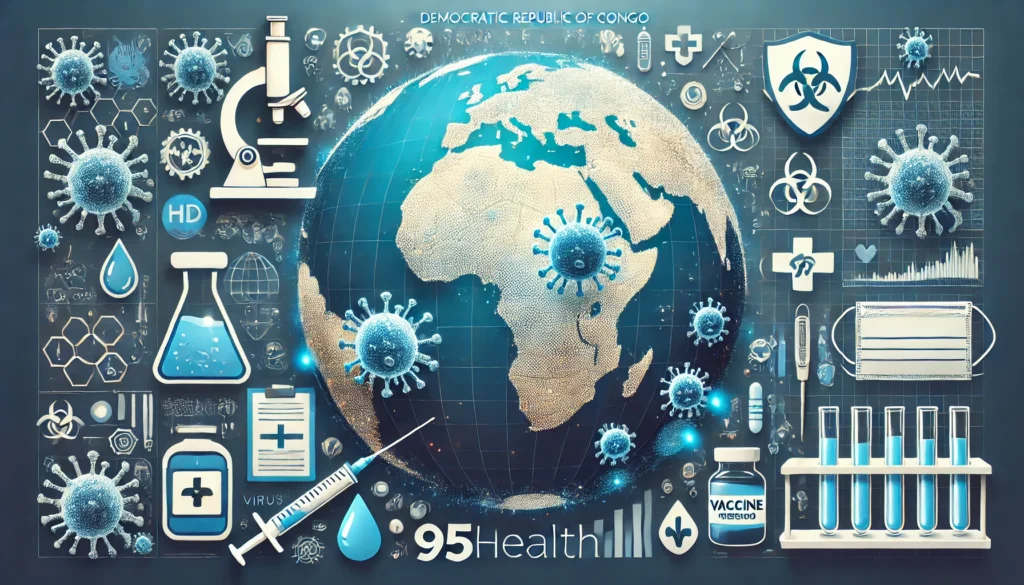
U.S. Response and Preparedness
The United States, through agencies like the Centers for Disease Control and Prevention (CDC) and the Department of Health and Human Services (HHS), has ramped up efforts to address and contain the outbreak. This includes:
- Surveillance and Monitoring: Enhanced surveillance systems have been put in place, including clinical testing and wastewater analysis, to detect potential cases early.
- Vaccination Efforts: The U.S. has donated 50,000 doses of the FDA-approved JYNNEOS vaccine to the DRC. Domestically, high-risk groups are encouraged to get vaccinated. The CDC has also issued updated travel health notices to ensure travelers take necessary precautions.
- Community Engagement: The CDC has engaged with communities, particularly those at higher risk, such as the LGBTQ+ community, to disseminate prevention messages and promote vaccination. This approach is crucial in mitigating the spread of the virus through behavioral changes and increased vaccine uptake.
- Healthcare Coordination: The U.S. government is working closely with healthcare providers to ensure they are prepared to identify and manage mpox cases. This includes issuing health alerts and conducting regular communication activities to keep healthcare professionals informed.
| Medicine/Treatment | Details |
|---|---|
| JYNNEOS Vaccine |
Price: Approx. $110 per dose Buying Point: Local pharmacies, clinics Buying Guide: Prescription required, recommended for high-risk individuals |
| TPOXX (Tecovirimat) |
Price: Approx. $2000 per treatment course Buying Point: Specialty pharmacies, hospital pharmacies Buying Guide: Prescription required, used under expanded access investigational new drug (EA-IND) protocol |
| Cidofovir |
Price: Approx. $500 per vial Buying Point: Hospital pharmacies Buying Guide: Prescription required, administered by healthcare professionals |
| Supportive Care |
Price: Varies Buying Point: Over-the-counter at pharmacies Buying Guide: Includes pain relievers, fever reducers, and hydration solutions |
International Collaboration
The U.S. response is part of a broader international effort to combat the outbreak. Collaborative initiatives with the WHO, African health authorities, and other international partners aim to strengthen regional surveillance, enhance laboratory capacity, and improve public health communication.
While the risk to the general public in the United States remains low, vigilance and proactive measures are essential to prevent the spread of mpox. Public health officials continue to monitor the situation closely and are prepared to respond swiftly should the virus cross international borders.
| Participant | Contact Details |
|---|---|
| WHO Regional Office for Africa | Tel: +47 241 39 202, Email: afrgocom@who.int, Address: Brazzaville, Congo |
| CDC Mpox Response Team | Tel: +1 800-232-4636, Email: mpox@cdc.gov, Address: Atlanta, GA, USA |
| HHS Office of Global Affairs | Tel: +1 202-690-6174, Email: global@hhs.gov, Address: Washington, DC, USA |
| DRC Ministry of Health | Tel: +243 99 660 0000, Email: info@minsanterdc.cd, Address: Kinshasa, DRC |
Mpox Outbreak Quiz
Quiz created by 95health.com


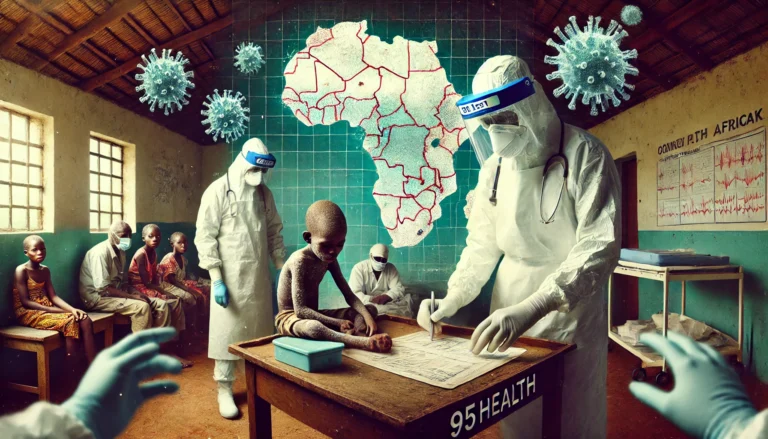

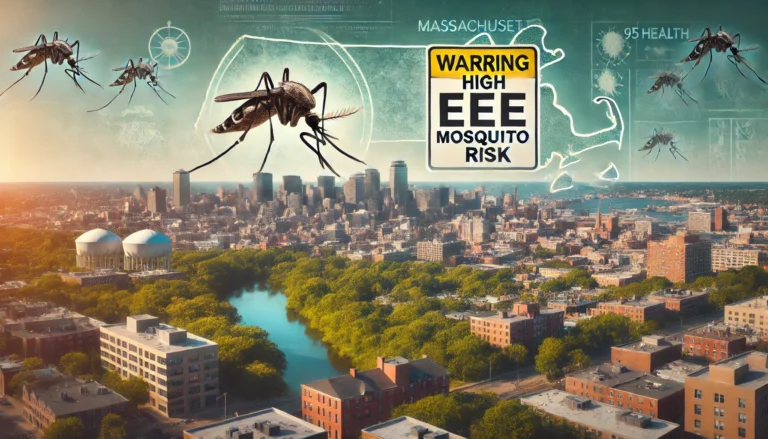

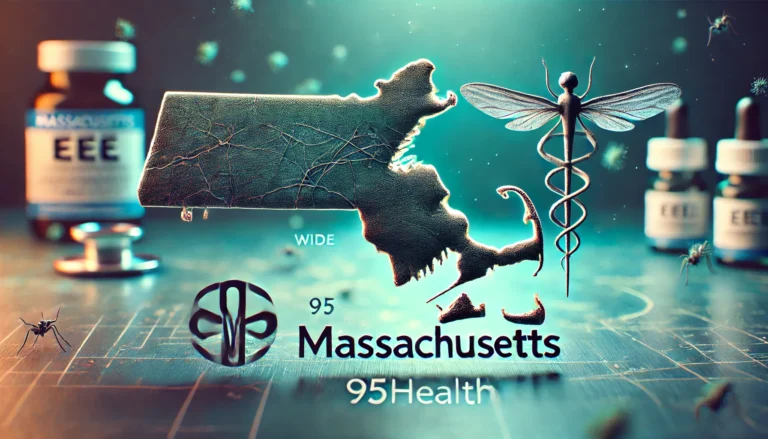
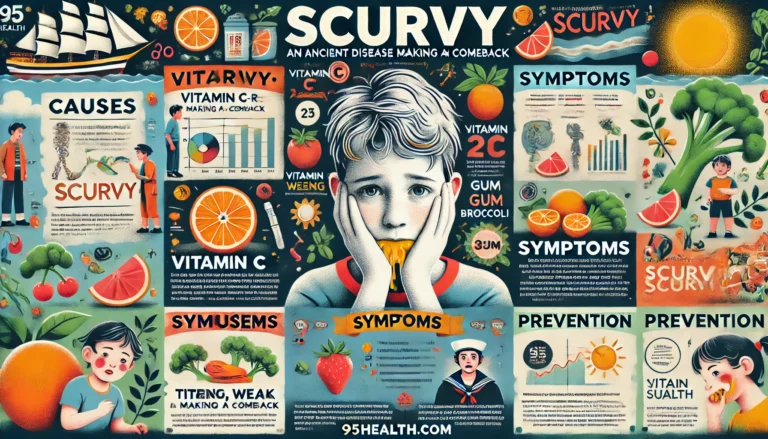
The article on Mpox highlights the urgent need for global awareness and proactive measures to combat this emerging public health threat. It’s crucial to emphasize that while Mpox has similarities to smallpox, it is not the same disease, and timely vaccination along with public education can play a pivotal role in controlling its spread. Collaboration across nations is essential to ensure that resources and knowledge are shared to prevent a widespread crisis.
Mpox, formerly known as monkeypox, is a significant global health concern due to its rapid spread and impact on vulnerable populations. The article rightly emphasizes the need for international cooperation and proactive measures, including vaccination and public awareness, to contain this emerging threat. Understanding the symptoms and transmission routes is crucial for preventing outbreaks and protecting public health.
The growing concern over Mpox, formerly called monkeypox, underscores the need for vigilant global health measures. The article rightly points out that early identification, vaccination, and education are key to controlling its spread. With increasing international travel and interconnectedness, a coordinated global effort is essential to manage and mitigate the risk of a widespread outbreak. Public awareness and understanding of Mpox symptoms and transmission are vital steps in safeguarding communities worldwide.